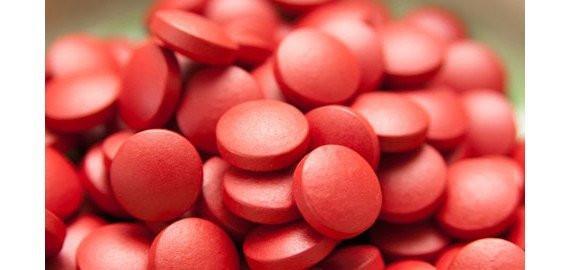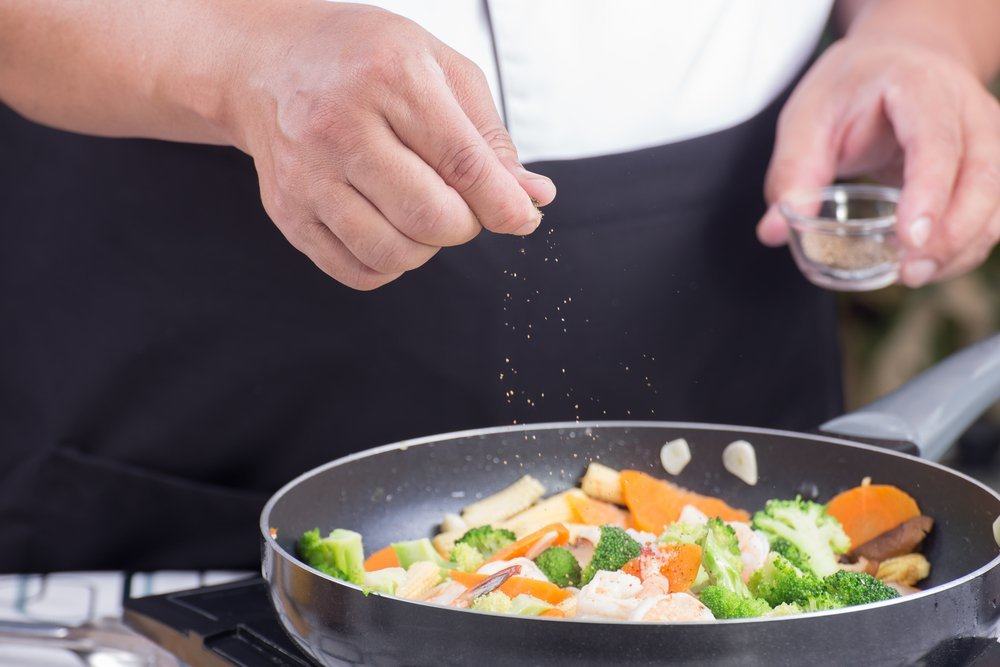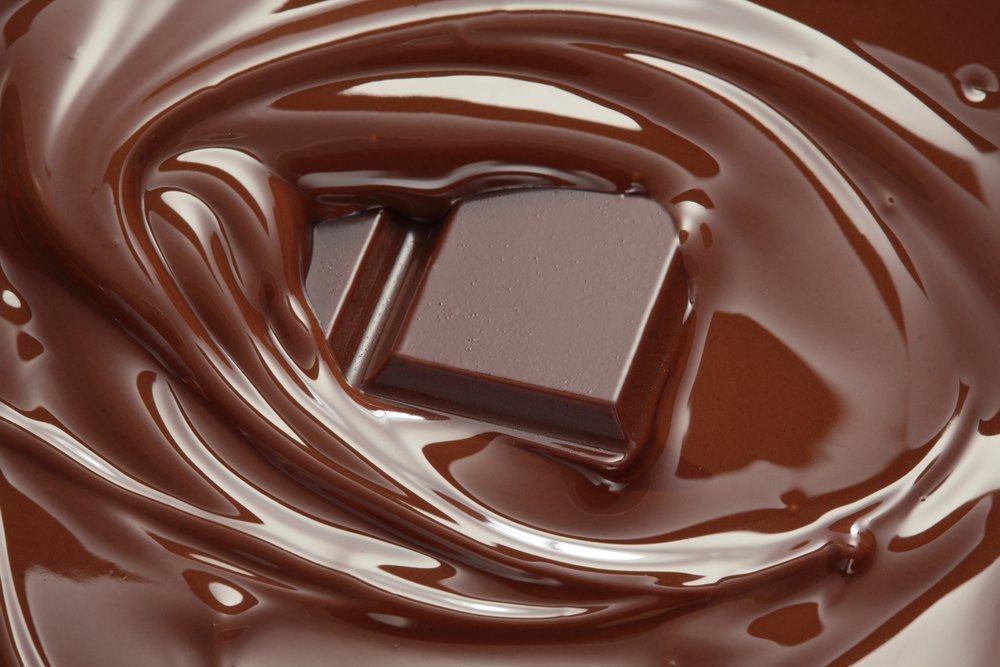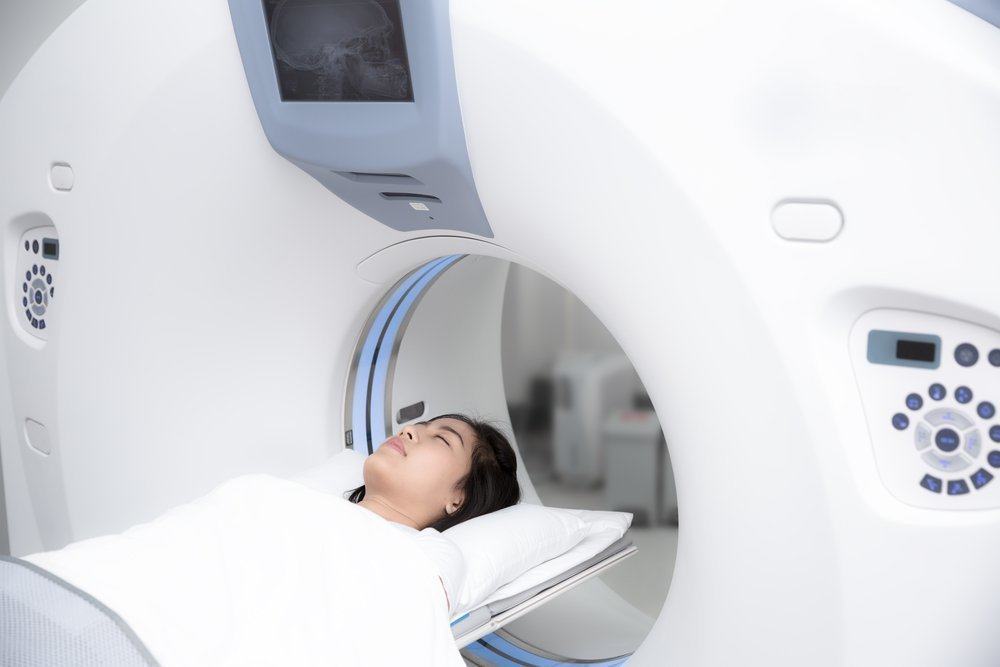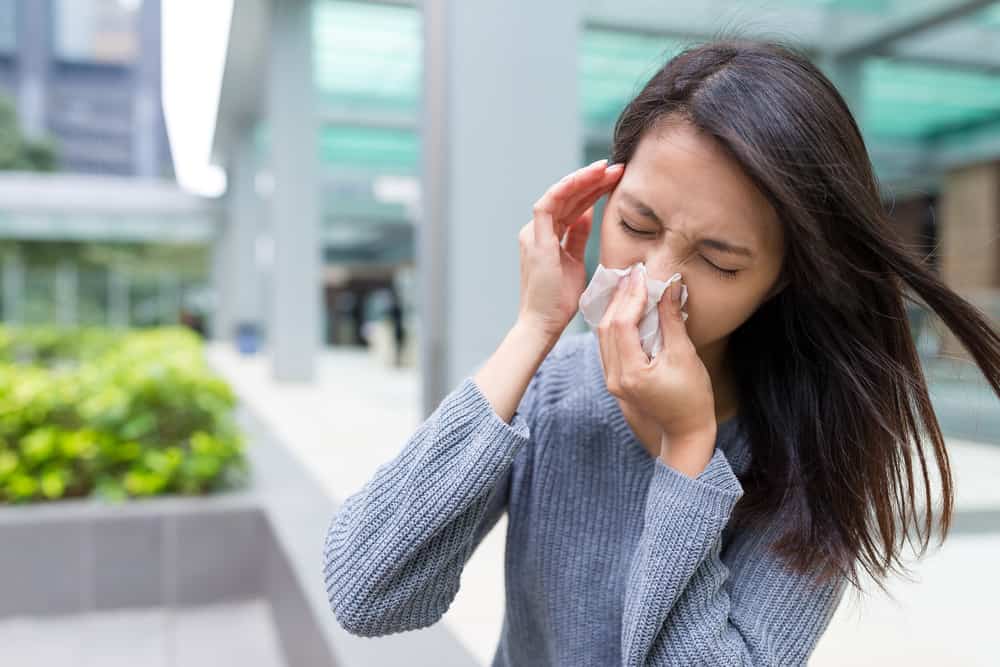Contents:
- Medical Video: What happens when your DNA is damaged? - Monica Menesini
- How many recommended daily iron requirements?
- Side effects of taking blood boosting drugs are not according to the rules
- Blood boosting drugs can damage the body's DNA
- How do I not get side effects?
Medical Video: What happens when your DNA is damaged? - Monica Menesini
Iron is one of the important minerals needed by the body. Many people take blood-boosting drugs to treat anemia, a condition that is deficient in blood caused by a lack of this mineral. But watch out. Although classified as a supplement, blood boosting drugs must still be taken according to the rules of use and the right dosage. Moreover, don't take this supplement carelessly if you don't really need it.
A study found that the iron levels in this supplement might be too high and could be dangerous. The effect is reported to damage the body in just 10 minutes. Why is that?
How many recommended daily iron requirements?
The needs of each person for iron vary, depending on the level of activity, age, and gender.
The daily iron requirement based on the recommendation of the Daily Nutrition Adequacy Rate set by the Indonesian Ministry of Health for men generally ranges from 13-19 mg / day, while for women it is 26 mg per day.
Women need more iron to stay healthy than men. Women need more iron because of blood loss during menstruation. Pregnant women may also need iron supplements to ensure they get enough nutrients for their baby's growth and development in the womb.
But this does not mean you can arbitrarily take blood boosting drugs to meet your daily iron needs. Just like other drugs, randomly measuring the dosage of this drug without the doctor's knowledge will cause various risks of adverse effects on the body.
Side effects of taking blood boosting drugs are not according to the rules
The average iron content in blood boosting drugs is around 14 mg, which already covers almost half your daily needs. Higher dosage versions of this supplement can even reach 65 mg.
Even this intake of iron has not taken into account what comes from your daily diet. Natural iron can easily be found in green vegetables (such as spinach and kale), meat (beef, poultry, chicken and / or beef liver), seafood, brown rice, fish, eggs, and nuts. As an illustration, 100 grams of steak has an iron content of about 3 mg and 100 grams of spinach containing around 2.7 mg.
Thus, it is not impossible that your iron intake can be excessive. Thiscertainly will cause side effects for health. The following are common side effects of iron overload that can occur:
- Pain in the back, groin and chest muscles
- Stomach ache
- Shivering
- Dizziness and headache
- Fainted
- Heart beat
- Fever with profuse sweating
- Decreasing the taste sensory function; the tongue feels sour rust (metallic taste)
- Nausea and vomiting
- Swelling of the mouth and throat
- Respiratory disorders
- Indigestion, whether constipation or diarrhea
- Skin rashes
What needs to be known, the side effects above are not experienced by everyone. In addition, there may be some other side effects that occur to you.
Blood boosting drugs can damage the body's DNA
Research conducted by Claire Shovlin of the National Heart and Lung Institute at Imperial College London found that blood boosting drugs consumed by millions of people without a doctor's prescription can damage the body in just 10 minutes.
Dr. Shovlin and his team tested the effect of high doses of these minerals on human endothelial cells, which connect arteries and veins. Ten minutes after they injected a high-dose blood booster drug in the cell culture sample, there were signs of DNA damage to the walls of the two vessels. Endothelial cells appear to be quite sensitive to iron in excess amounts and can trigger damage to cells in just 10 minutes after the drug is taken.
Every cell in the body has an automatic program to improve itself. But Shovlin explained that when we add iron, the program becomes forced to work harder than usual. Not yet known exactly what the manifestation of DNA damage to the walls of blood vessels is due to overdose of iron intake. MAsih needs further research on the impact of cell damage to a greater extent.
However, some people who took iron supplements for the condition of telangiectasia haemorrhagic, a congenital abnormality in blood vessels reported experiencing nose bleeds more often after taking the drug.
How do I not get side effects?
Except for those of you who are pregnant, severe menstruation, or other symptoms of anemia, you can get enough iron by eating iron-rich foods such as beef and fish, vegetable products such as spinach to nuts products. You can also eat cereals that contain iron.
In addition to eating foods and drinks that contain iron, you also need to consume enough vitamin C. Vitamin C serves to help absorb iron in the body.

